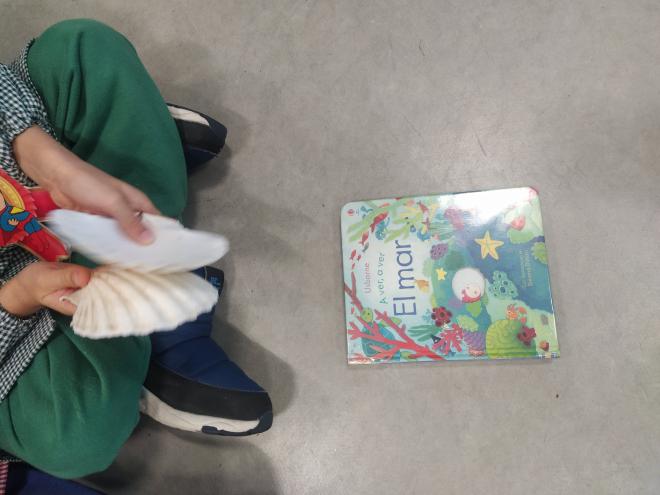Integración curricular/Curricular Integration
The project allows the inclusion of all students, even students with special needs and differents ages and teaching cycle can work together: With the project work methodology we aim to develop skills that lead to the student's profile at the end of compulsory education.
- Mother tongue of each country:
- development of communication and expression skills;
- as well as increasing vocabulary associated with the project.
Sciences;
- Valuing its identity and roots, respecting the territory and its planning, other peoples and other cultures, recognizing diversity as a source of learning for all;
- Acquire self-knowledge, developing self-esteem and self-confidence attitudes;
- The importance of oceans;
- Material Recycling Time;
- Amount of garbage per inhabitant
Arts;
- Music
https://www.youtube.com/watch?v=PSZUT6OAGzY
- Literature;
- ICT
Na etapa de Educación Infantil, traballamos de forma globalizada, polo que a multidisciplinariedade abarca: a linguaxe (galego ou castelán, como linguas maternas, e o inglés) escoitando, falando, lendo e escribindo mellorando así a comprensión e o vocabulario, cando compartimos experiencias, comentamos as actividades, coa lectura dos libros que trae o alumnado da casa, e collemos na biblioteca,
a psicomotricidade (fina e grosa) cando fan crebacabezas, modelan plastilina - faro, colorean, recortan, pegan, pescan, atopan animaliños na area (entre outras),
a música que producen cos elementos mariños,
as matemáticas cando fan series, separan por colores, agrupan por similitudes, contan,
organización espazo temporal cando ven distancias (preto-lonxe) entre os socios,
o coidado medioambiental reciclando para facer manualidades,
o emprego das TICs para realizar actividades de formas diferentes que motivan e axudan ao alumnado na súa aprendizaxe, conectamos cos socios.
In the Early Childhood Education stage, we work in a globalized way, so the multidisciplinarity includes: the language (Galician or Spanish, as mother tongues, and English) listening, speaking, reading and writing thus improving understanding and vocabulary, when we share experiences, we comment the activities, with the reading of the books that the students bring from home, and we collect them in the library, psychomotricity (fine and coarse) when they do puzzles, modeling plasticine - lighthouse, coloring, cutting, gluing, fishing, finding little animals in the sand (among others), the music they produce with marine elements, mathematics when they make series, separate by colors , group by similarities, count, organization of temporary space when they see distances (near-far) between partners, environmental care by recycling to make handicrafts, the use of ICT to carry out activities in different ways that motivate and help students in their learning, we connect with partners.

























